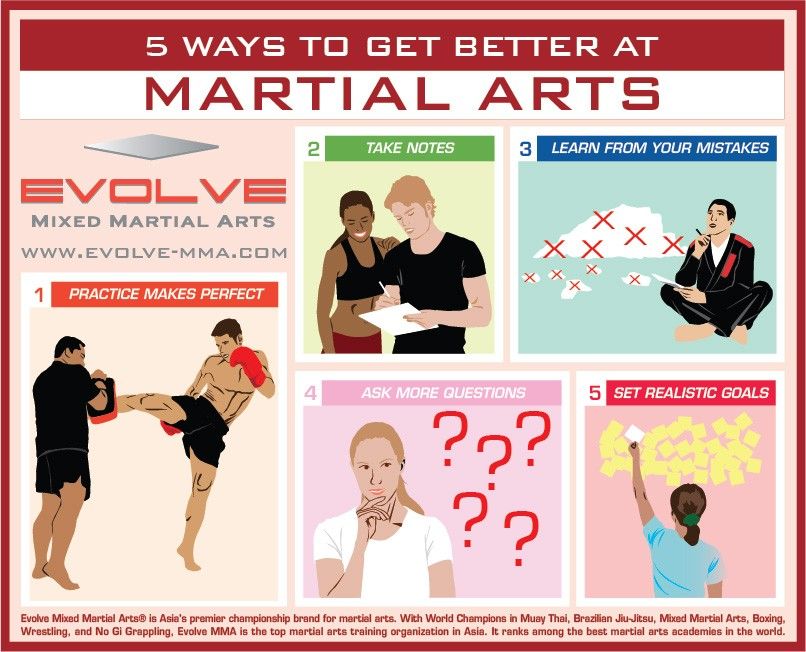The Development And Historical Context Of Martial Arts Worldwide
The Development And Historical Context Of Martial Arts Worldwide
Blog Article
Post By-Chu Graham
Martial arts have an interesting history that extends centuries and continents. You could discover it intriguing just how ancient methods like Shuai Jiao and Kalaripayattu laid the groundwork for contemporary combat methods. These disciplines not only stress physical abilities yet also show the cultures that birthed them. As you discover their evolution, consider exactly how globalization has actually transformed these traditional forms into hybrid styles. What influences do you think have formed today's martial arts landscape?
Ancient Martial arts: The Foundations of Combat
As you look into the globe of ancient martial arts, you'll uncover the rich foundations that shaped combat techniques across societies. Early techniques concentrated on Self-Defense and survival, typically including strikes, hurting, and weaponry.
In old China, for instance, techniques like Shuai Jiao stressed throws and joint locks, while India's Kalaripayattu showcased agility and fluid movement. https://www.inmaricopa.com/free-self-defense-class-offered-to-maricopa-women-girls/ established Kenjutsu, a refined swordsmanship that highlighted self-control and technique.
These martial arts served not just for battle yet also as a way of individual development, instilling values like respect and determination. The blending of these strategies with time prepared for the diverse martial arts you see today, each mirroring the unique ideologies and requirements of its culture.
The Cultural Influence on Martial Arts Development
While martial arts often reflect the sensible requirements of a society, they likewise symbolize the social values and beliefs of their origins. When you discover various martial arts, you'll observe exactly how they're influenced by religion, ideology, and social standards.
For instance, the emphasis on regard and self-control in Japanese martial arts originates from Zen Buddhism and samurai culture. In contrast, Brazilian Jiu-Jitsu promotes flexibility and strategy, formed by the requirement for efficiency in a varied, multicultural environment.
read this article may locate that the rituals, uniforms, and training methods show a community's history and identity. By understanding these cultural influences, you deepen your recognition of martial arts and their duty in shaping human experiences around the world.
Modern Adaptations and the Globalization of Martial arts
Martial arts have changed significantly in recent decades, adjusting to contemporary society and global influences. You'll notice that conventional types have mixed with modern strategies, creating hybrid styles like MMA. These adjustments accommodate varied audiences, making martial arts accessible and enticing globally.
With the rise of social networks and digital platforms, you can discover tutorials and competitors from all corners of the world, breaking geographical barriers. This globalization has led to a common gratitude for numerous self-controls, from Brazilian Jiu-Jitsu to Taekwondo.
As you engage with these arts, you'll recognize they're not nearly battle; they advertise health and fitness, discipline, and psychological wellness.
Eventually, contemporary adaptations have enhanced the martial arts landscape, making it a vibrant and developing method.
Final thought
In discovering the history and development of martial arts, you discover a fascinating blend of techniques, cultures, and ideologies. From ancient disciplines like Shuai Jiao and Kalaripayattu to the modern-day versatility seen in MMA, martial arts reflect mankind's pursuit for Self-Defense and personal growth. As you involve with these methods, you not only acquire skills however likewise a much deeper recognition for the diverse practices that form our globe today. So, continue your trip and welcome the art of fight!
